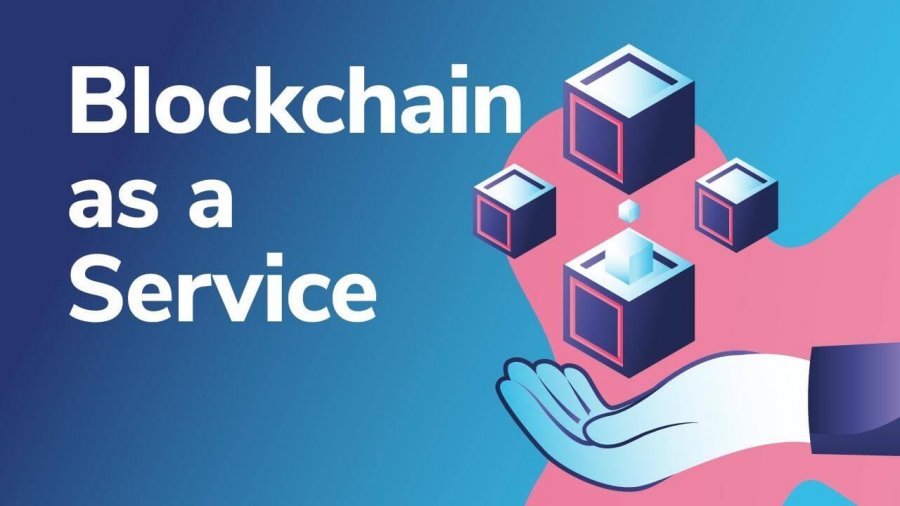CRM takes care of all your needs with automations and leaves you lot of time to focus on other activities. To be precise, on sales conversion. Nevertheless, many brands fail to capitalize on CRM and end up losing money. We have zeroed in on 5 reasons for CRM’s failure in e-commerce business.
- Not exploiting the full potential of CRM
You’ve hired a smart employee and are not able to harness his full potential. The business has to be smart in getting the most out of this employee. Research shows that few business professionals are not that worried about unused capacity of their employees. On the same lines, many brands don’t use nearly 40 % of a CRM’s potential.
Here the problem doesn’t lie with the CRM software but rests on the analysis of the requirements. A CRM with a limited or no use in an e-commerce business is a misfit. So it needs proper adoption.
- Early buyer of CRM
Define your requirements properly before deciding on a CRM software. Ask your employees for suggestions and feedback on your existing processes and how CRM can help you optimize them. Everyone will be focusing on increasing their customer base and managing customer relationships. You must also emphasize on organizing the database. So, think about using a CRM wisely at this stage.
- Improper goals and objectives for CRM
When you treat your CRM as an asset you can reap the harvest of profits. It will justify the costs involved when you set clear goals and objectives. With CRMs seeing a rapid growth in terms of their usage and utility, e-commerce companies might also join the bandwagon.
A CRM’s requirement arises after much deliberation over issues affecting businesses such as drop in sales, inefficient customer relations or service lapses. The mistake creeps in when companies don’t invest time in understanding the key metrics a CRM has to offer and how it can be a differentiating factor in the growth of the business.
- Problem with data upload in CRM
With CRMs, you have to run timely updates on the customer data. Research has shown that companies find it tedious and time-consuming to feed a CRM with data. But you have to overcome this problem soon. Perhaps by hiring a virtual assistant who can handle it seamlessly.
- CRM is not just a social norm
Rather than implementing something as a social norm, it’s better to understand the real purpose of using it. Same holds good with CRM suite. Don’t get carried away by the norm that everyone in this line of business is using it. Fix a purpose and things will fall in place.
Ask yourself these 4 questions before buying a CRM.
- Does it offer a solution to my problems?
- Does it fit in my budget?
- Is there a possibility for seamless integration with my existing systems and software?
- Do I need it at this point?
Run a quick check and analyze your requirement to bring on board an all-in-one CRM like Zoho, SugarCRM or Agile CRM that roll out multiple functions of sales and marketing into one platform. Then hopefully, your CRM can provide answers for all the questions to come.
Author’s Bio: Krishna is a passionate blogger who writes primarily on SEO, Social Media, CRM, Marketing Automation and covers the entire gamut of Marketing. When he is not writing he is found reading articles and blogs written by others.


























Leave a Reply